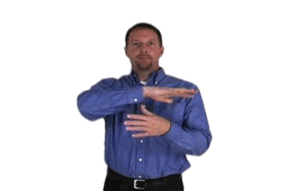Sunday Post
By smalinaNovember 8, 2015 - 17:09

Though we spent only half an hour working in the book group after our tour of the prison on Friday, we ended up in an intense and interesting conversation about Brothers and Keepers--particularly about the passage in which John writes about his mother. Wideman discusses his mother's struggle to hold both her son's humanity and the fact that he broke the law and is living as a convicted criminal because of it. She must see him as a whole, incorporating both of those elements of his personhood. Our discussion made me realize that I often go into the prison expecting a certain response from the people inside.







